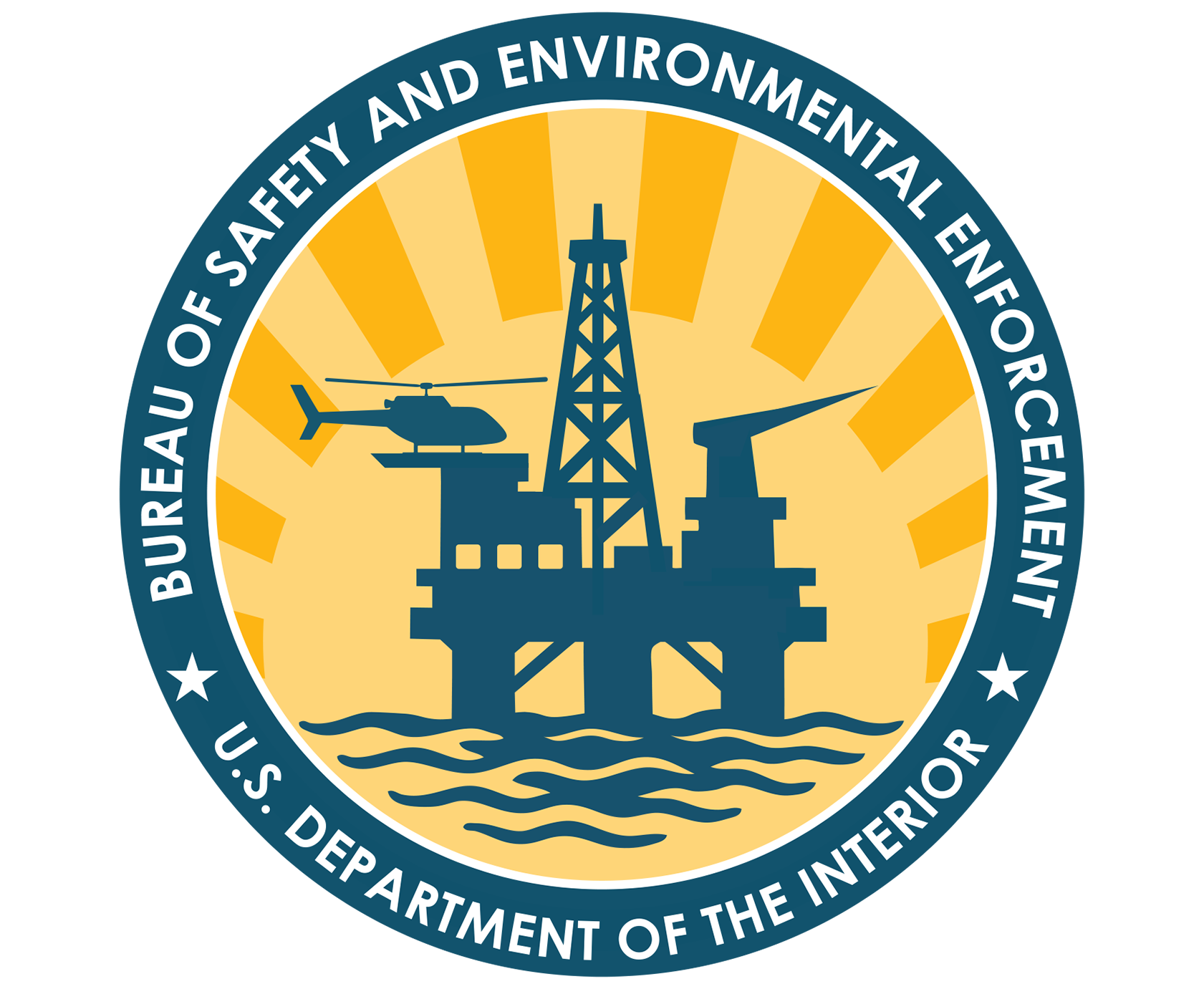Existing oleophilic skimmers collect oil at a relatively slow rate, in large part because the selection of materials used for the adhesion surfaces of the oil recovery units has not been based on their adhesion properties, but rather on historical practice or availability. Significant progress in material and polymer science in the past ten years now allows us to test materials with a large range of physical properties and tailor them on order to increase their affinity for oil. In May, 2004, MMS funded the initial phase of this project entitled Tailored Polymetric Materials for Oil Spill Recovery in the Marine Environment, TAR project 511. Research experiments are currently being conducted that involve the study of oil affinity and adhesion on polymetric surfaces of various properties and shapes. The Wilhelmy plate technique (Cahn Radian 315) is being used to measure the dynamic contact angle, surface tension, surface free energy, surface polarity and amount of adhered oil. Experiments are being performed at 0oC, 15oC, and at 25oC to water temperatures found in the MMS Alaska, California and Alaska regions.
The primary objective of this phase of the research is to perform full-scale test of novel oleophilic recovery surfaces tailored for oil spill recovery, and to determine the relation between selection of the recovered material and recovery efficiency. Prototype interchangeable oleophilic skimmer surfaces with candidate polymeric materials will be fabricated and tested with different oil at full-scale at Ohmsett The National Oil Spill Response Test Facility.
Results of research should substantially increase the efficiency of mechanical oil spill recovery equipment by replacing traditional recovery unit materials with polymeric materials that have the highest affinity for oil and are specifically tailored to collect oil from waters surfaces.
Prototype, interchangeable drums will be fabricated with candidate polymeric materials and tested at Ohmsett with different types of crude oil. The experiments were successfully conducted in August and October 2005. The final report has been accepted by MMS. This project is complete.
